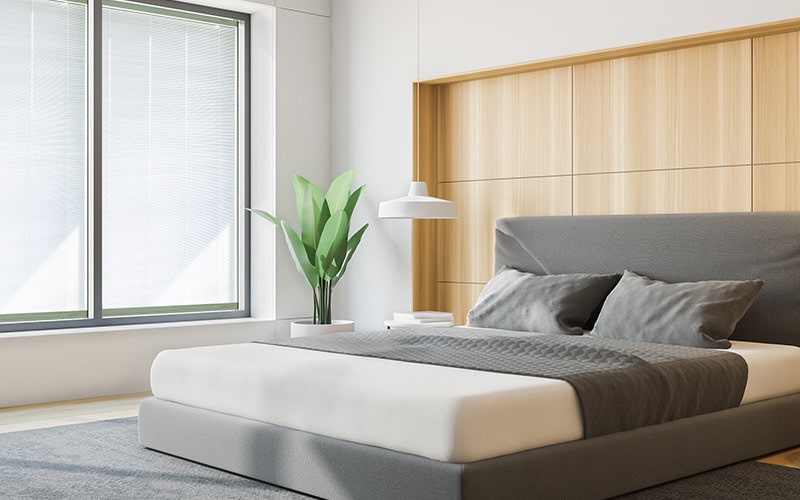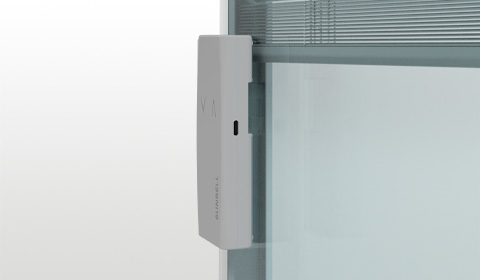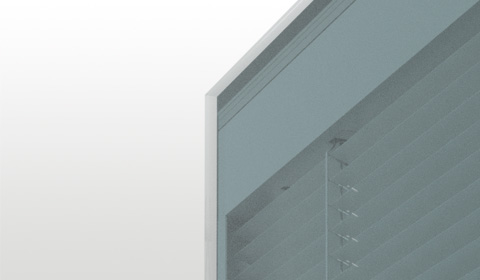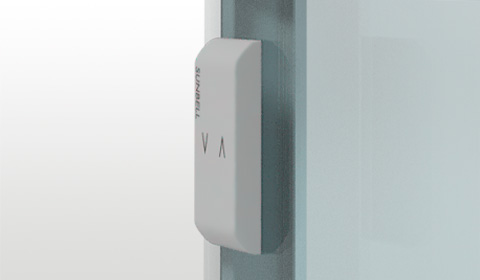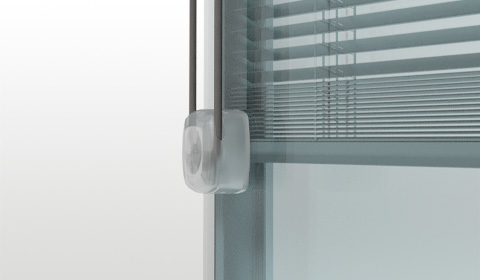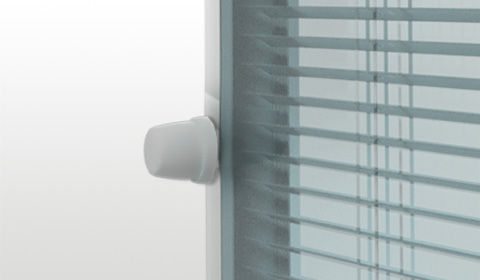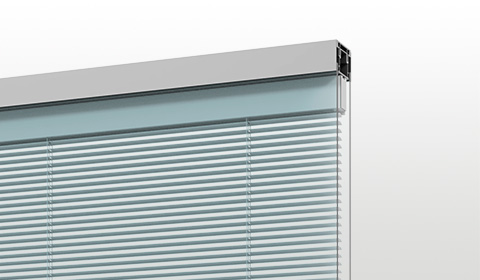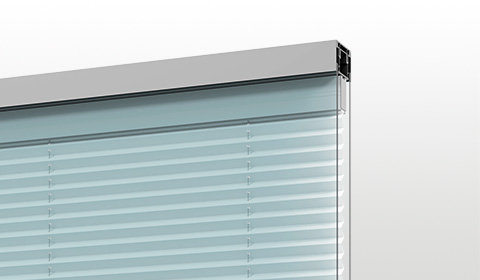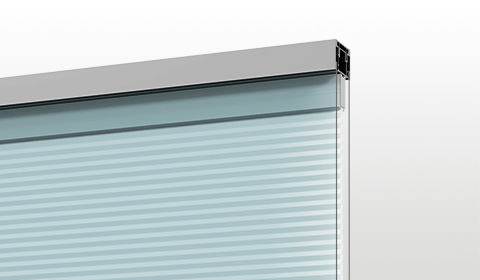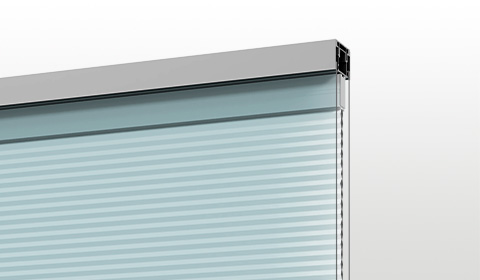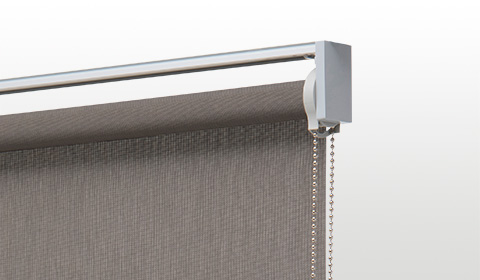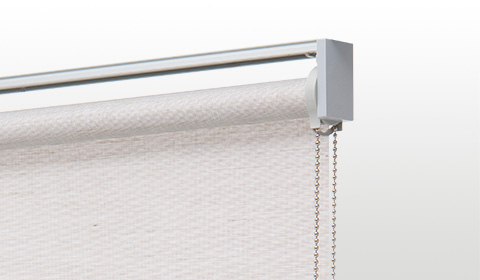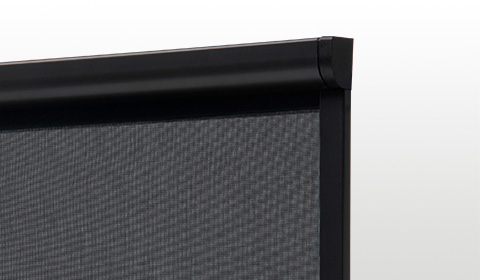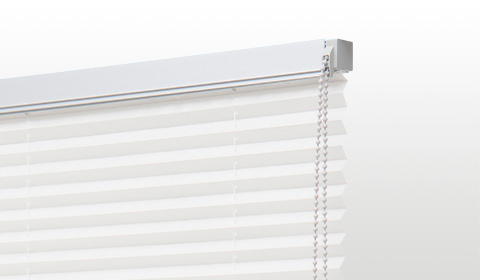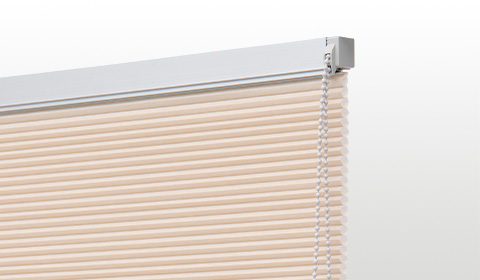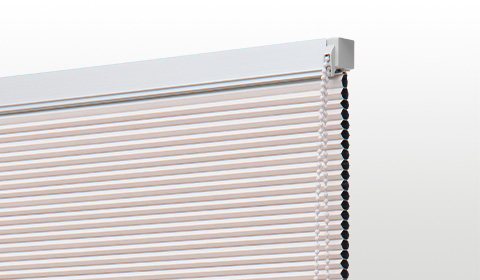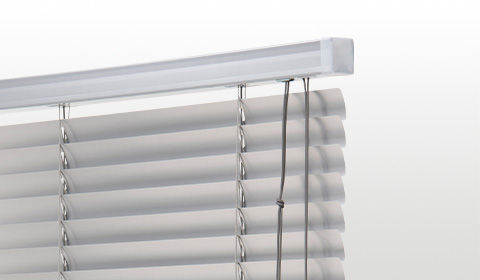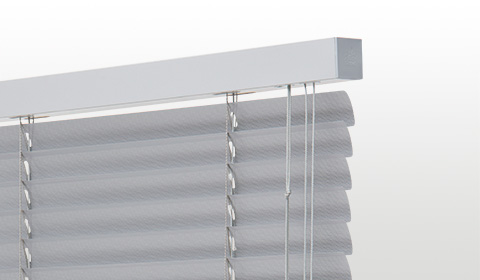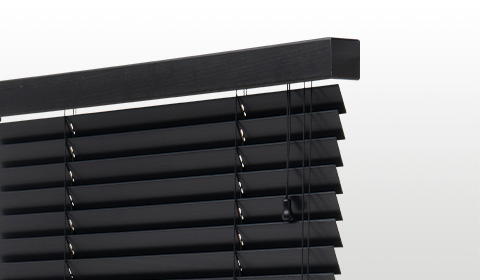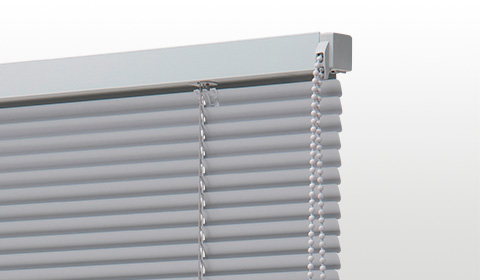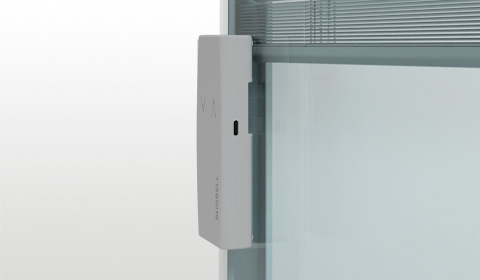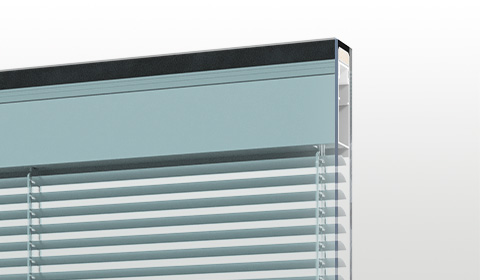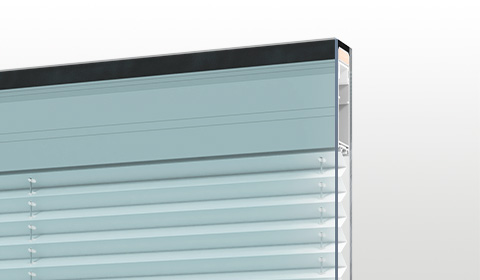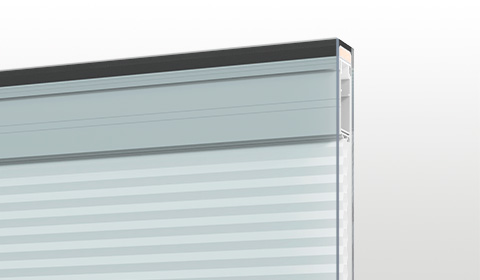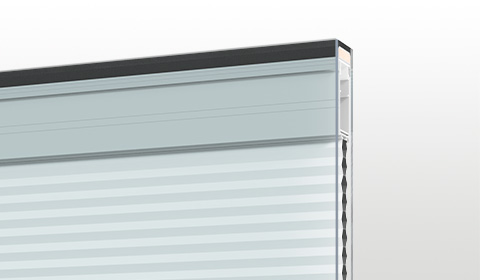The tragic COVID-19 pandemic, which began in 2020 and unfortunately is still ongoing, has had catastrophic consequences in terms of lives lost and is causing financial difficulties for many people.The economic sectors most affected by this situation are tourism, hospitality and food services.
- airline companies have been forced to reduce the number of flights or travel with half-empty planes;
- Bars, restaurants and other similar business activities have seen a massive revenue reduction and are still affected by limited opening and closing times. In some cases, they are only permitted to offer take-away services.
- Hotels have seen the number of guests fall sharply and have also had to put additional safety measures in place in bedrooms, common and service areas.
We have seen fast and far-reaching changes, like hotel rooms converted into work spaces for smart working, or areas like gardens, patios and other outdoor spaces converted into zones that create safe distancing between tables.While hoping that all these measures are only temporary adjustments, the road back to normality is still long. This article will look at how the current situation is influencing future projects, renovations and interior decor, and the current approach to designing hotels and restaurants.To tackle the current situation in the best possible way, one of the main focuses of attention is on the design and positioning of furniture, to create the most appropriate use of the space.Jackie Wright, president of Pineapple Procurement, a company that designs hotels, restaurants, boutiques and multifunctional spaces, expressed her thoughts on the subject in an interesting article from “Travel+Leisure“.
More attention to hygiene and washable materials
The current pandemic is strongly influencing the choice of materials used because these days a lot of attention is paid to having furnishing accessories that are easy to wash.There has been a noticeable reduction in accessories such as bed covers, cushions and traditional curtains that require regular and expensive cleaning.To overcome this problem and, at the same time, make your rooms warm and welcoming, things like washable antibacterial cushions and double glazing blinds are becoming more and more popular solutions.Carpets are also going to disappear over time as they are too difficult to sanitize. They are probably going to be replaced with light coloured floorings and other washable materials.Cleanness and hygiene have always been indispensable elements in the hospitality sector, but during this global pandemic they have become overwhelmingly important. This is why materials like glass, vinyl and stone are becoming very popular amongst designers.Designers these days tend to choose solid and long-lasting materials capable of withstanding frequent hygiene procedures and washing.
Flexibility when designing spaces
Flexibility is becoming an essential concept when designing hotels and restaurants, as it can allow owners to change how their space is used, depending on different situations.In this sense, modular solutions are very suitable for guaranteeing flexibility, responding to different needs and respecting social distancing guidelines.Also important is how interior and exterior spaces are interconnected, for example:
- A hotel restaurant can use the hotel lobby to set up tables for lunch or dinner, and these can then be removed after the service is finished.
- Empty meeting rooms can be used as fitness areas for exercise or practising yoga.
Interior designers are also looking at solutions involving partition walls or furniture used as partitions that can direct the movement of clientele, encouraging a better flux of people and avoiding undesirable gathering.Adhesive transfers or coloured tiles are currently used to indicate the direction to follow. However, in time, these makeshift solutions should be replaced by less intrusive and more visually pleasing designs.
Focus on clients’ wellbeing
Some of the adjustments made to deal with the current pandemic are destined to become permanent, and in many cases they represent overall improvements.As we are all forced to spend more time indoor these days, interior designers are now more focused on client wellbeing. They are keen to add plants, green walls, skylights, and brighter rooms to their designs, as these elements can all have positive effects on our physical and emotional wellbeing.Windows are crucial elements in designing new projects, as guests’ comfort also depends on the window’s ability to manage sunlight.The ability to let fresh air and natural light into a room is essential. Installing double glazing Venetian blinds, which are hygienic, easy to control and adjust with remote or even domotic control systems, is an intelligent solution that improves both safety and well-being.
Technology will have a key role
Before the pandemic, some hotels used magnetic keys to open rooms and tablets to manage rooms and offer various services.New technologies utilizing sensors and allowing guests to open and close doors without touching them will become more widespread, while voice activation technologies will be used in lifts, to regulate lighting systems, control TV sets and request cleaning services.The integration of new automatic systems for doors, windows, and even blinds will guarantee privacy and security but also comfort and peace of mind.This pandemic has undoubtedly created great difficulties for the tourist and hospitality industry. However, these industries are responding with new practices and design solutions to improve hygiene and promote the health and wellbeing of their clients.

